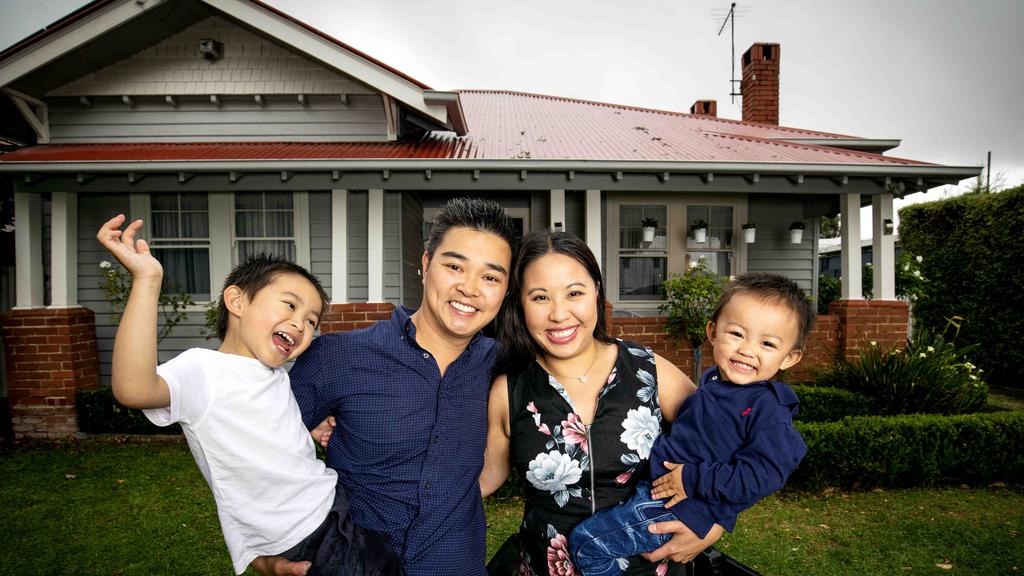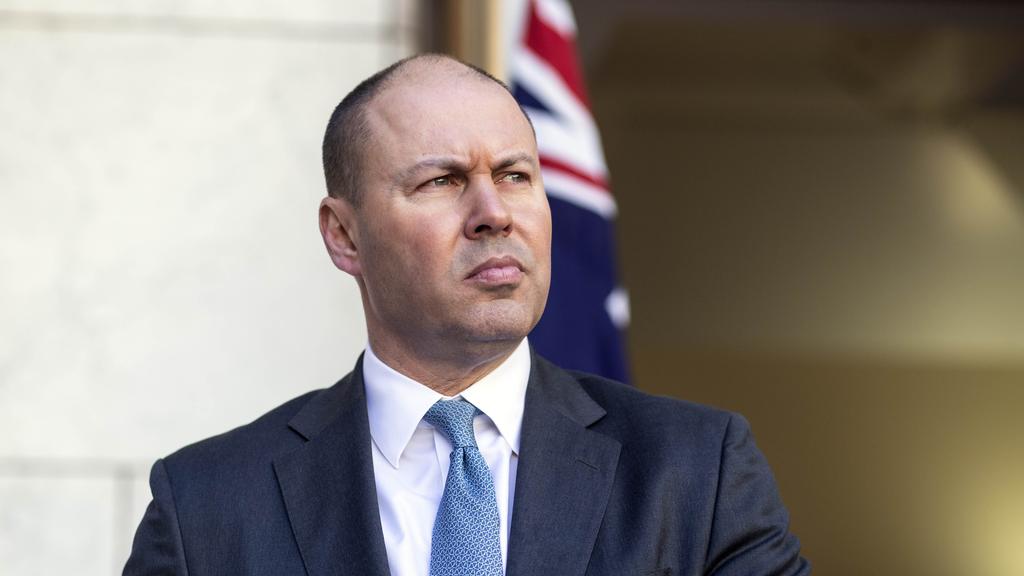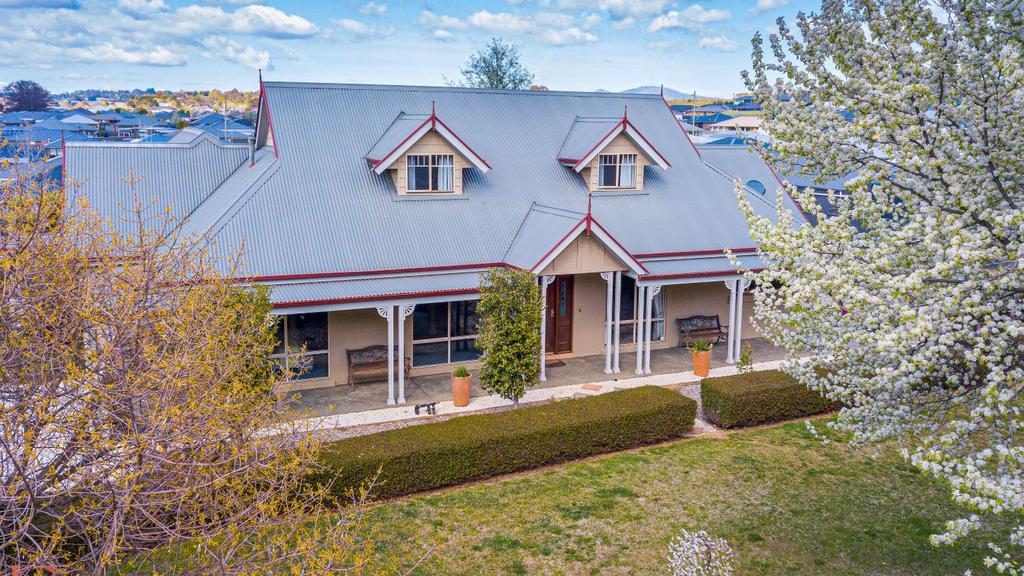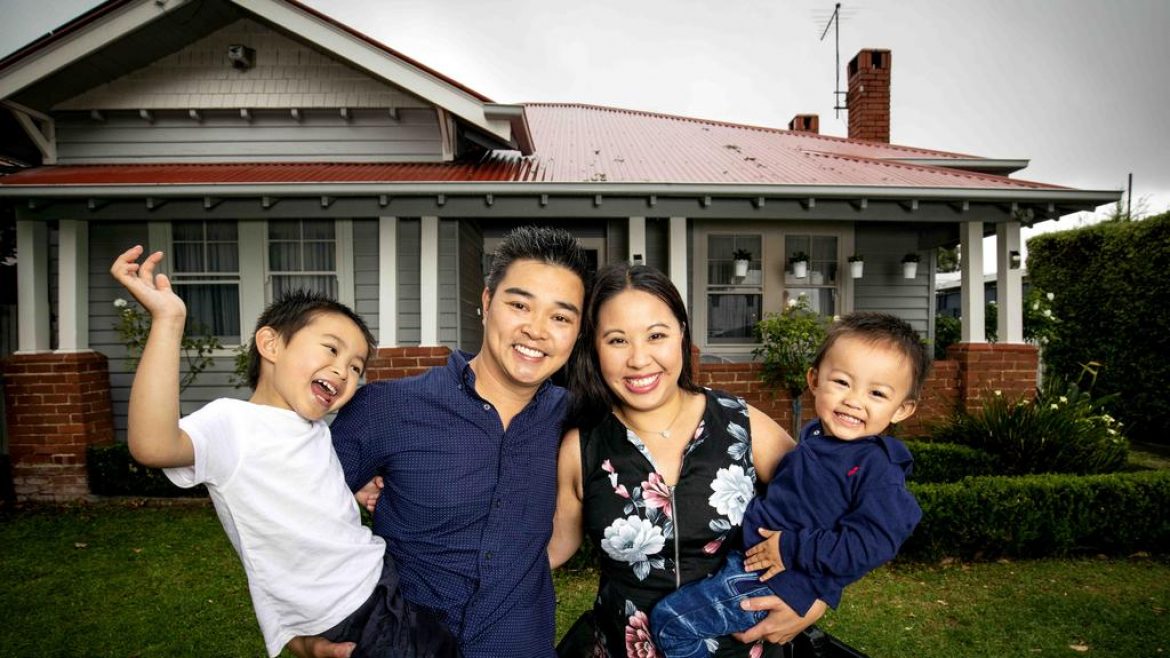
A favourable budget should ensure home prices remain stable. Picture: Nicole Cleary
Confidence in some sectors of the real estate market have taken a hit due to the recent setbacks in the fight against coronavirus – but there are promising signs for safe navigation through more economic turbulence.
The Federal Treasurer Josh Frydenberg prepares to hand down his ‘mini’ Budget for 2020-21 on Thursday, with the national economy again under siege due to the resurgence of COVID-19 in Australia’s two major cities Sydney and Melbourne.

Property stock levels remain low. Picture: Nicole Garmston
Thus far property prices across the country have remained relatively stable during the pandemic, in stark contrast to the doomsday scenarios of a 30 per cent crash.
The stock market has reacted positively to news a vaccine could be available by the end of the year and the extension of the JobKeeper and JobSeeker programs beyond September have avoided fears of fiscal cliff.
MORE NEWS
‘Radical’ way COVID-19 is changing our homes
Where the COVID-19 bargain buys are
This will ensure more of a soft landing when government support programs do come to an end.
That timeline means that the real estate market should be able to enter the beginning of 2021 with buyers and sellers having a better idea of what lies ahead,
“The budget will be critical in supporting the incomes, well-being and confidence of Aussies adversely impacted by pandemic shutdowns,” chief economist at CommSec Craig James said.

Treasurer Josh Frydenberg will hand down a crucial ‘mini’ Budget later this week. Picture: NCA NewsWire / Gary Ramage
Widespread mortgage stress unlikely
Due to record low interest rates and banks putting mortgage repayments on hold, there is unlikely to be a large-scale sell off of property by financially challenged owners, both residential and commercial.
In the shorter term as least, also with the propping up of household incomes by the government, owners who might be in a difficult position can sit on their hands, wait and hope for calmer weather.
Tax breaks cut through trouble
By some predictions, 10 per cent of small and medium business could go under due to the second spike in coronavirus infections that have been greeted by lockdown in Melbourne, fear in Sydney and concern in the rest of the country.
If that proves to be correct, it could result in a slump in the commercial property sector, that would hit some owners and investors hard. However further government stimulus packages, such as HomeBuilder, could alleviate this and enable the real estate sector and others to bounce back as the economy picks up pace.

Quality homes in regional Australia have become highly sought-after.
The government has mooted bringing forward tax cuts it was due to introduce in 2022, which would also give more people money to spend and stimulate greater economic activity.
Home bargains might be hard to find
The near record lack of real estate stock coming up for sale is another factor that will likely ensure home prices don’t crash.
Over the last quarter, prices across our combined capitals cities fell by just 1.1 per cent, despite record levels of unemployment and the economy slipping into recession for the first time in three decades. In regional home prices they grew by 0.3 per cent over the same period.
Due to the health situation, spring may not witness a return to renewed economic activity and a spike in real estate transactions. However it also won’t likely witness many bargain buys for savvy sellers.
MORE NEWS
Is ‘armchair investing’ for you?
Russell Crowe’s ‘bingo island’ up for grabs
Investors have retreated from the market but their places have been filled by first home buyers whose bottom lines have been boosted by stimulus packages such as the First Home Loan Deposit Scheme and encouraged by record low interest rates set to remain in place for years.
Seachangers and treechangers whose outlook on life has been re-set by the COVID-19 pandemic have boosted demand in regional markets.

Bargains might be hard to find for homebuyers.
“We are selling whatever we are getting,” First National CEO Ray Ellis said.
“In regional Victoria and outer Melbourne we have been recording some of our best results ever and I can repeat that story around Australia. It’s not boom times everywhere some inner suburbs of Sydney are doing it a bit tough. But it’s not doom and gloom either.”
In the short and medium term, the excess of supply of apartments is likely to be off set by the lack of new builds, again pushing the balance of property sales into the hands of the vendors and significantly reducing the chances of a slump in home prices.
The post ‘Mini’ Federal Budget should provide more hope for the real estate industry appeared first on realestate.com.au.

